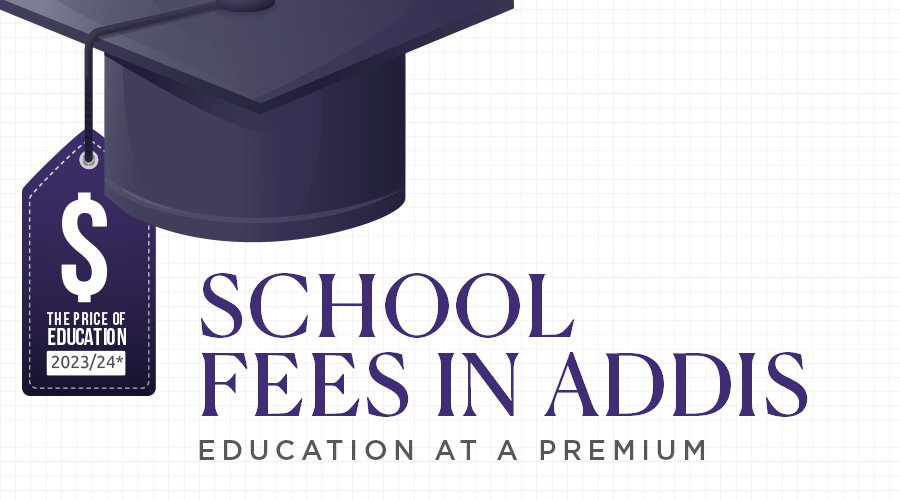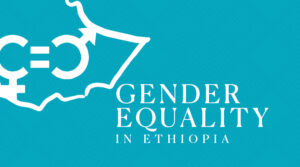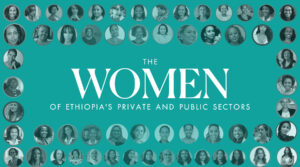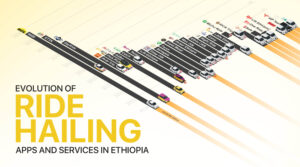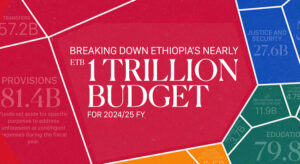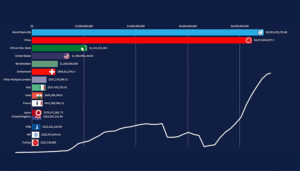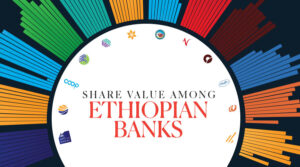A pressing issue has come to light in the heart of Ethiopia’s capital, Addis Ababa, revealing deep-rooted issues in the country’s education system. Recent data from the 12th-grade matriculation exams has unveiled the harsh reality of the scarcity of quality education in Ethiopia (regardless of who is to blame for this), leaving parents in a quandary and students’ futures hanging in the balance.

Ethiopia, like many other developing countries, grapples with the challenge of providing quality education for all. The recent matriculation exam results have underscored the urgency of addressing this issue. The high majority of students have fallen short of the required scores, signaling a troubling trend in the country’s education system.
Elite Schools: A Beacon of Hope or A Source of Anxiety?
Amidst this educational turmoil, a few elite schools in Addis Ababa have emerged, offering high-quality education that is the envy of many. Parents across the city are scrambling to secure spots for their children in these institutions, recognizing the transformative potential of such an education.
These schools, equipped with experienced teachers, modern facilities, and a robust curriculum, promise to unlock opportunities that could pave the way for bright futures. However, one must ask if there’s a catch because there is. These elite institutions come with a premium price tag, making them wildly unattainable for the average Addis Ababan. “International” schools command a premium due in part to their adoption of international curricula, which typically entails a higher standard of educational quality. It is this same exclusivity to which they subscribe that has excluded them from having to matriculate their students at the national 12th grade exam.
The Price of Quality
The stark contrast between the quality of education offered by elite schools and the struggling public education system is clear as day. Parents are willing to go to great lengths and make significant financial sacrifices to secure their children’s spots in these coveted institutions. Yet, the exorbitant tuition fees raise critical questions about equity and accessibility. While there’s no insinuation of blame for being wealthy, it’s a widely recognized reality that affluence and authority often wield influence that extends beyond the conventional boundaries, transcending legal frameworks, particularly in the Ethiopian context. This begs the question of whether its parents themselves who are empowering and encouraging this cycle if inequitable access.
The steep tuition or admission fees are typically just the beginning. These schools often impose complex requirements on parents and students, including proficiency in foreign languages, capital fees, the need for access to foreign currency for payments (sometimes with higher rates for those paying in local currency), and annual tuition increases ranging from 20% to 65%. Moreover, there are additional costs for essential items like books, notebooks, and other materials that parents must cover. Further yet, enrolling in these schools at such rates often places families in a specific social tax bracket, which means they should anticipate expenses for extracurricular activities, trips, and social engagements related to their children that may also come with a substantial price tag.
Lack of Transparency
Compounding the issue is the lack of transparency surrounding these elite schools. From the onset, there is often a shroud of secrecy surrounding admission rates and tuition fees. This lack of clarity extends to critical policies— such as child safeguarding policy, staff recruitment and conduct policy, homework and assessment policy, discipline policy, and equal opportunity policy— which leaves parents in a state of somewhat blind trust in these institutions.
During the data collection for this issue, the Reqiq data compilation and validation team reached out to nearly 50 high-caliber schools, most of which declined to provide information, comment, confirm, or some combination thereof. In the qualitative investigation, the team also found that parents are hesitant to comment in a manner that confirms fees or charges. Given the absence of readily accessible information that should be available to the public, how can parents effectively prepare for the costs associated with their children’s education? Why the secrecy all around?
It is even more disconcerting that there is a notable absence of transparency when it comes to evaluating the academic performance of students within these schools. This critical information should be made readily accessible by the schools or a regulating body to parents who are considering enrolling their children in such institutions, especially given the significant investment required. Key questions arise: Is there a demonstrated history of excellence? How is this excellence quantified and assessed? At what scale are remedial efforts, if any, provided to students to bring them up to standard? And finally, what exactly are the benchmarks for these academic standards? Questions that remain unanswered.
Ensuring transparency in admission processes, academic performance, tuition fees, and relevant policies is a fundamental step. Additionally, investing in public education, improving teacher training, and upgrading facilities can help raise the overall quality of education across the board.
The Price Tag of a Meaningful Future
Ethiopia stands at a crossroads in its pursuit of quality education for all. The recent revelations from the matriculation exams serve as a wake-up call to address the stark disparities in the system. Elite schools may offer a glimmer of hope laced with ambiguity and inaccessibility, but true progress will come when every child in Ethiopia has access to a quality education.
In the end, this is not a matter of punishing the fortunate but of ensuring that the promise of education reaches every corner of the country, regardless of a family’s financial circumstances. Only then can Ethiopia truly realize its potential as a nation where every child has the opportunity to thrive.

